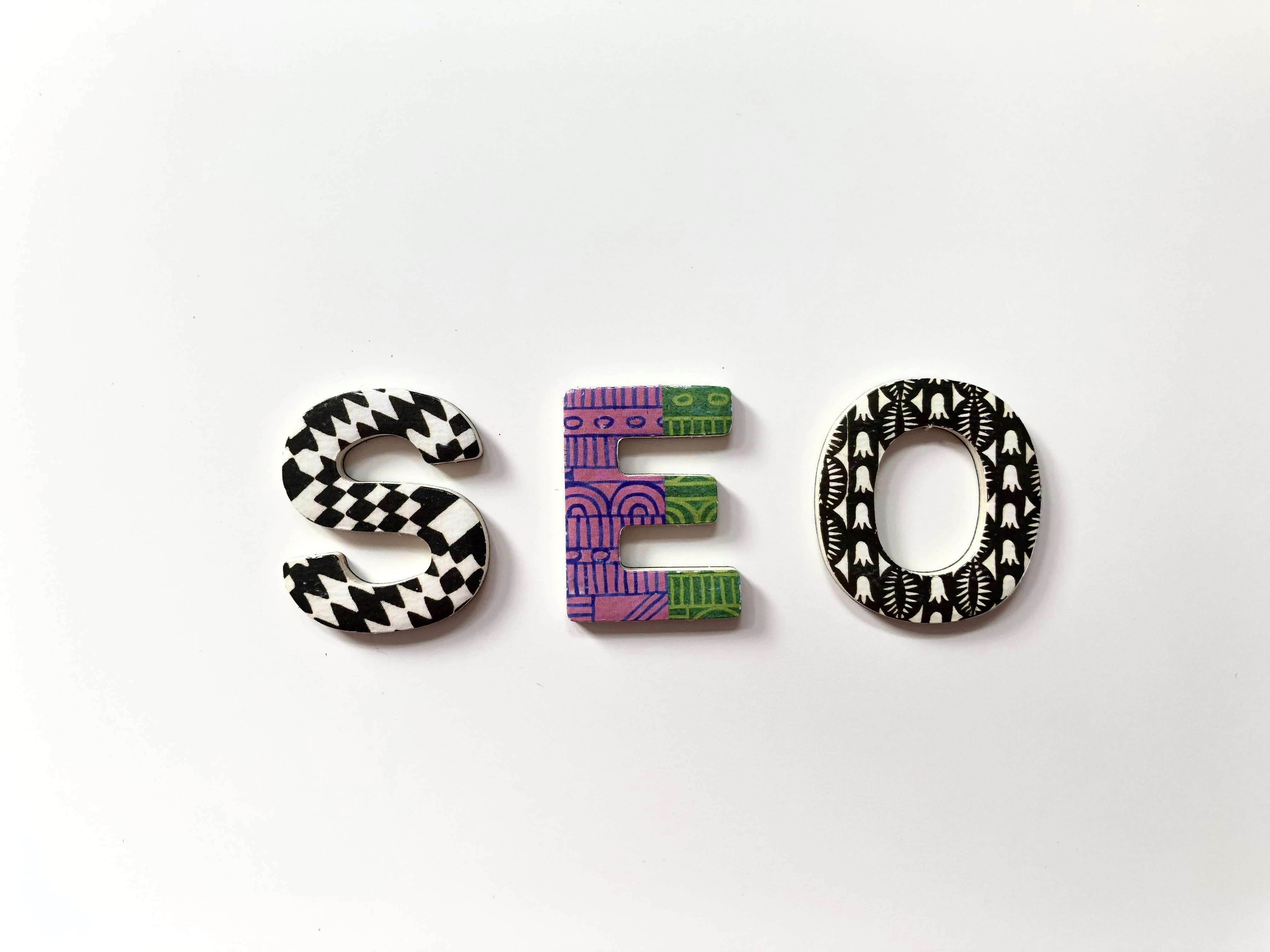Recent Updates in the PPC World: What You Need to Know
August 13, 2024 | by ivan.paljetak@gmail.com
Emerging Trends in PPC Advertising
The Pay-Per-Click (PPC) advertising realm is witnessing significant transformations driven by the rapid advancements in technology. One of the most notable trends is the increasing incorporation of Machine Learning (ML) and Artificial Intelligence (AI) in PPC campaigns. These technologies allow advertisers to optimize their bids more efficiently and target audiences with greater precision. Through sophisticated algorithms, AI can analyze vast datasets, predicting the likelihood of conversions and adjusting bids in real-time to maximize return on investment (ROI). Ad platforms like Google Ads and Bing Ads have integrated these capabilities to empower advertisers with enhanced automation tools that improve campaign performance.
Another trend reshaping PPC advertising is the rise of cross-platform strategies. As digital advertising becomes more fragmented, PPC platforms are evolving to provide seamless experiences across various channels. Google Ads, for instance, now offers integration with YouTube and Google Display Network, enabling advertisers to create comprehensive campaigns that span multiple platforms. Similarly, Bing Ads has introduced features that allow for synchronized campaigns across search and social media platforms, thereby maximizing reach and engagement.
The shift towards more personalized and data-driven advertising is also markedly transforming PPC strategies. Advertisers are now leveraging first-party data to deliver highly relevant and personalized ads. This trend is fueled by the growing emphasis on privacy and the impending phasing out of third-party cookies. Personalized advertising is proving to be highly effective, with industry reports showcasing significant increases in conversion rates and user engagement in campaigns that utilize personalized elements.
Case studies further illustrate the impact of these emerging trends. For example, a retail brand that employed AI-driven bidding saw a 25% increase in ROI, while a cross-platform campaign for a financial service provider led to a 30% improvement in lead generation. Such success stories underscore the potential of these technologies and strategies to revolutionize PPC advertising.
Key Updates in PPC Platforms and Policies
Recent months have witnessed substantial updates across major PPC platforms, notably Google Ads, Facebook Ads, and Microsoft’s Advertising. These changes encompass new features, revised policies, and enhancements to existing tools, each with significant implications for advertisers.
Google Ads has introduced several noteworthy updates. Among these, the adjustment to keyword matching policies stands out. Specifically, Google’s expanded match types now allow for greater flexibility, enabling advertisers to reach a broader audience with less reliance on exact match keywords. This change can potentially increase visibility but may require tighter control over negative keywords to maintain relevancy. Additionally, Google has rolled out new ad formats, including the addition of image extensions to search ads, providing a richer, more engaging user experience and potentially enhancing ad performance.
Alongside these enhancements, there have been crucial updates to Google’s ad analytics tools. The development of advanced machine learning models facilitates more precise measurement of conversion actions, offering deeper insights into campaign effectiveness. Google’s focus on automation is evident in its updates to Smart Bidding strategies, which now provide more customizable options for bid adjustments.
Over at Facebook Ads, changes have primarily concentrated on privacy and ad targeting. The introduction of new privacy regulations, such as those stemming from Apple’s iOS 14 update, has restricted the granularity of user data available for ad targeting and measurement. To adapt, Facebook is enhancing its aggregated event measurement protocols to deliver more accurate performance data while ensuring compliance with privacy standards. Advertisers might need to redefine audience segments and rely more on broader targeting tactics moving forward.
Microsoft’s Advertising platform has also seen significant updates. Notably, the inclusion of multi-image extensions for search ads promises to increase user engagement by offering a more dynamic ad experience. Additionally, Microsoft’s investment in AI-driven ad optimization, including automated bidding and responsive search ads, underscores its commitment to helping advertisers achieve better results through advanced technology.
Overall, these updates reflect a broader shift towards automation, privacy-conscious practices, and enhanced user engagement across PPC platforms. Advertisers must stay informed and adaptable, integrating these new tools and policies to leverage their campaigns effectively in an evolving digital landscape.
RELATED POSTS
View all



